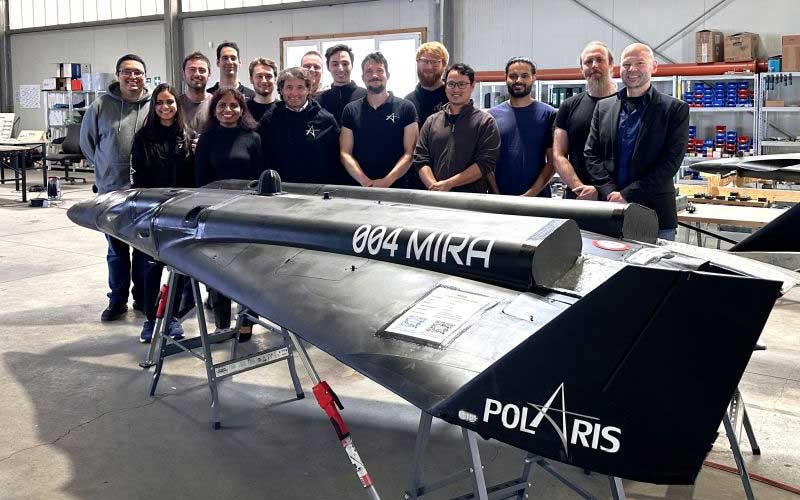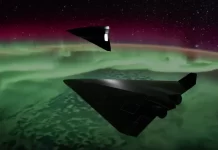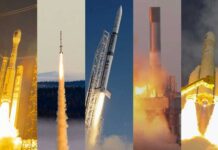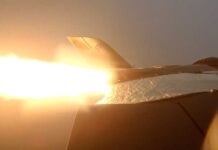
German startup POLARIS Spaceplanes announced that after securing its latest tranche of funding, it has now raised a total of €7.1 million for the development of its AURORA multipurpose spaceplane and hypersonic transport system.
Late last month, POLARIS announced that it had secured its largest investment to date from Klaus Dienes’ Dienes Holding. Klaus Dienes is best known for his investment in FC Kaiserslautern, a second-division Bundesliga football team. With his investment in POLARIS, Dienes will join the company’s advisory board.
According to the company, it will utilize the funding to develop its planned NOVA demonstrator and deliver on its backlog of customer contracts. The company will then look towards closing a large funding round in 2025, which will be used to bring AURORA to life.
Mini MIRA II, MIRA II, and MIRA III
In early 2024, the fifth POLARIS Spaceplanes demonstrator, MIRA, was damaged during takeoff while the company was preparing for its first rocket-powered flight. Instead of repairing the vehicle, POLARIS decided to move ahead with the construction of a pair of larger vehicles, MIRA II and MIRA III.
Both MIRA II and MIRA III will be five metres long demonstrators, up from the 4.25 metres of the original MIRA demonstrator. The two vehicles will each feature jet turbines and one of the company’s in-house developed AS-1 aerospike rocket engines. The jet turbines will be used for pre- and post-rocket-engine-ignition phases of flight, including takeoff and landing. Flight testing of the two vehicles is expected to begin before the end of 2024.
In preparation for the commencement of MIRA II and MIRA III flight testing, POLARIS built and began testing its Mini MIRA II demonstrator, a similar vehicle to the retired MIRA light demonstrator, which completed a total of 26 test flights in late 2023. The first flight of the Mini MIRA II vehicle occurred on 12 September, and it has since completed a total of 14 flights.
Once testing of the MIRA II and MIRA III demonstrators is concluded, the company will move forward with the seven- to eight-metre NOVA demonstrator. The first flight of NOVA is expected to occur in 2025.




